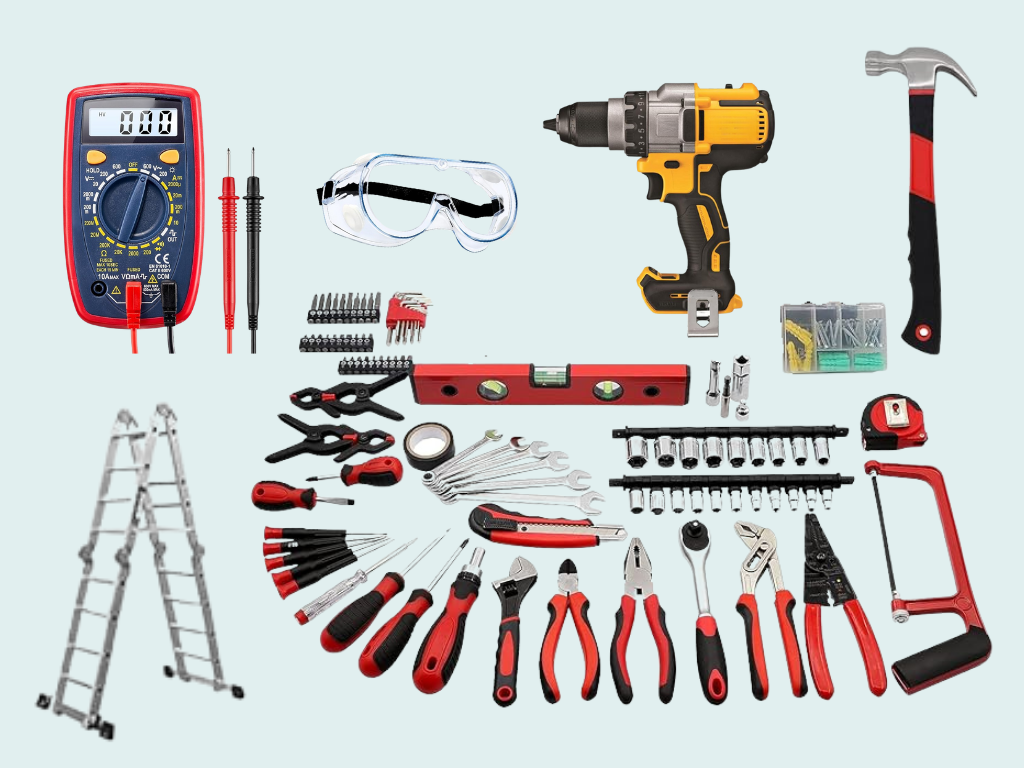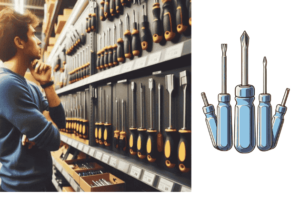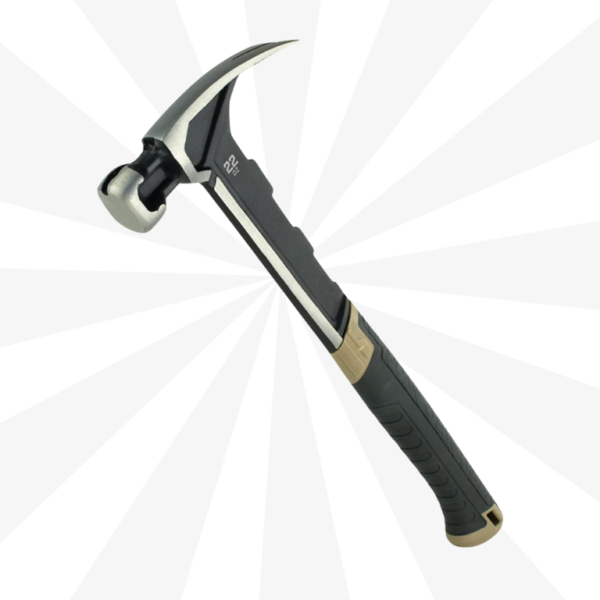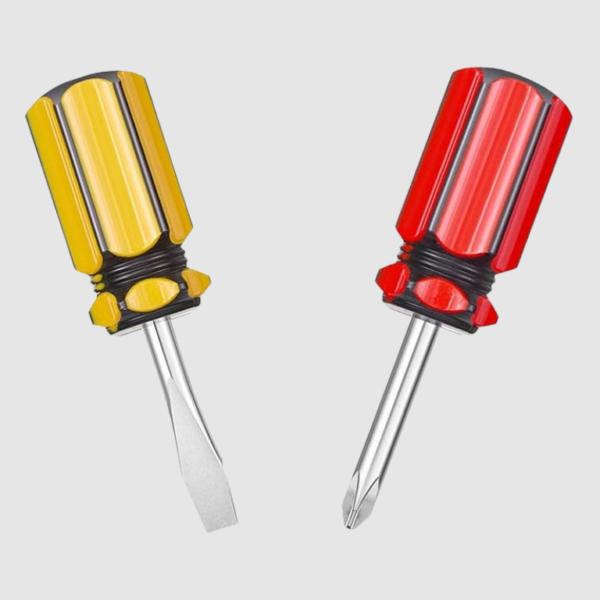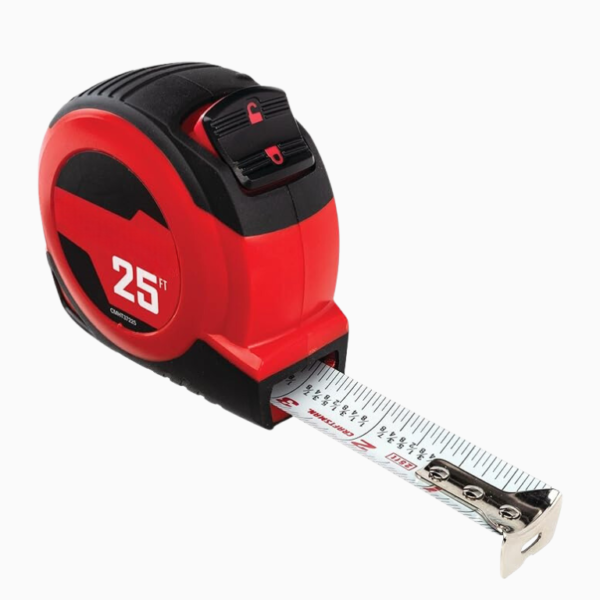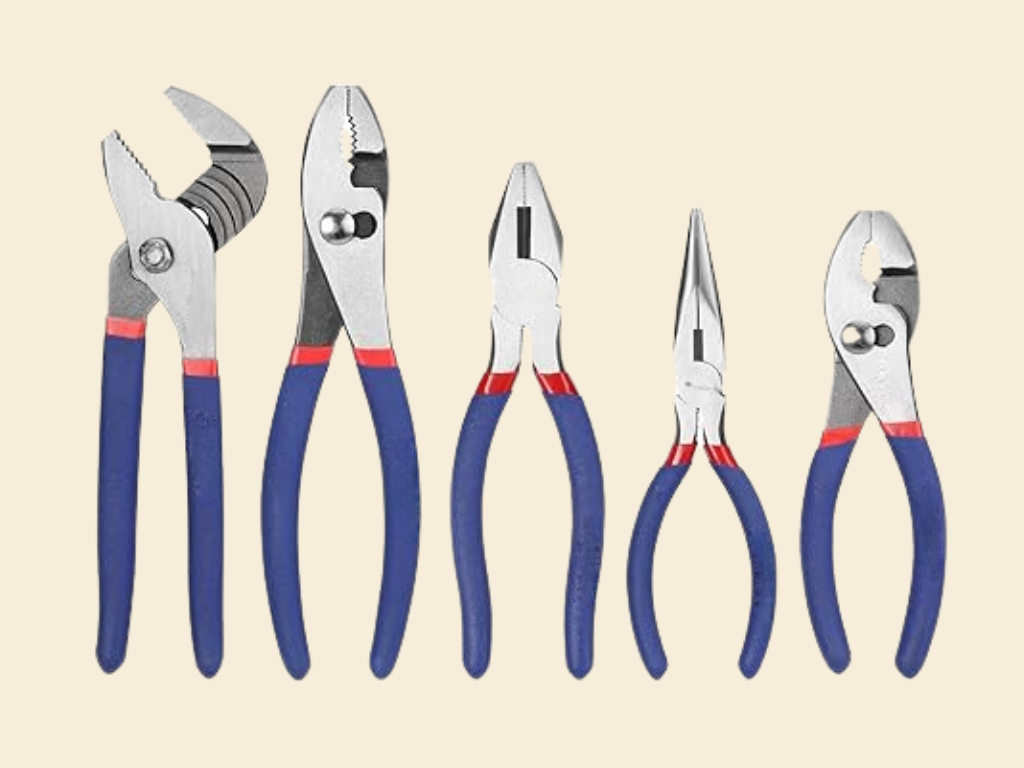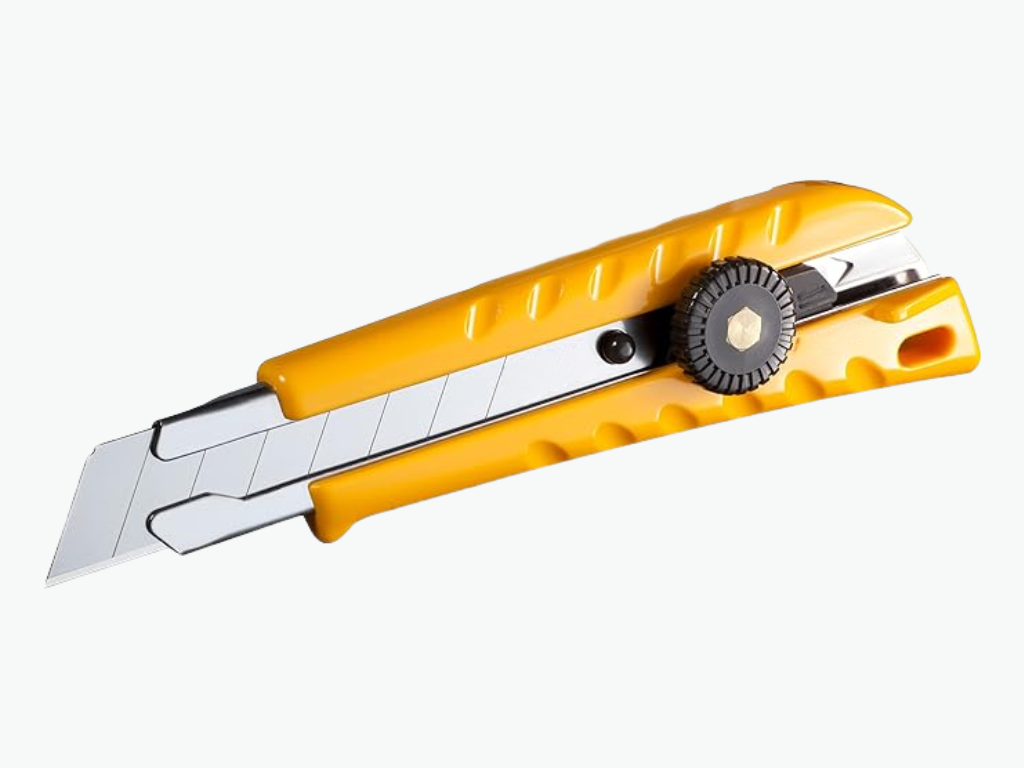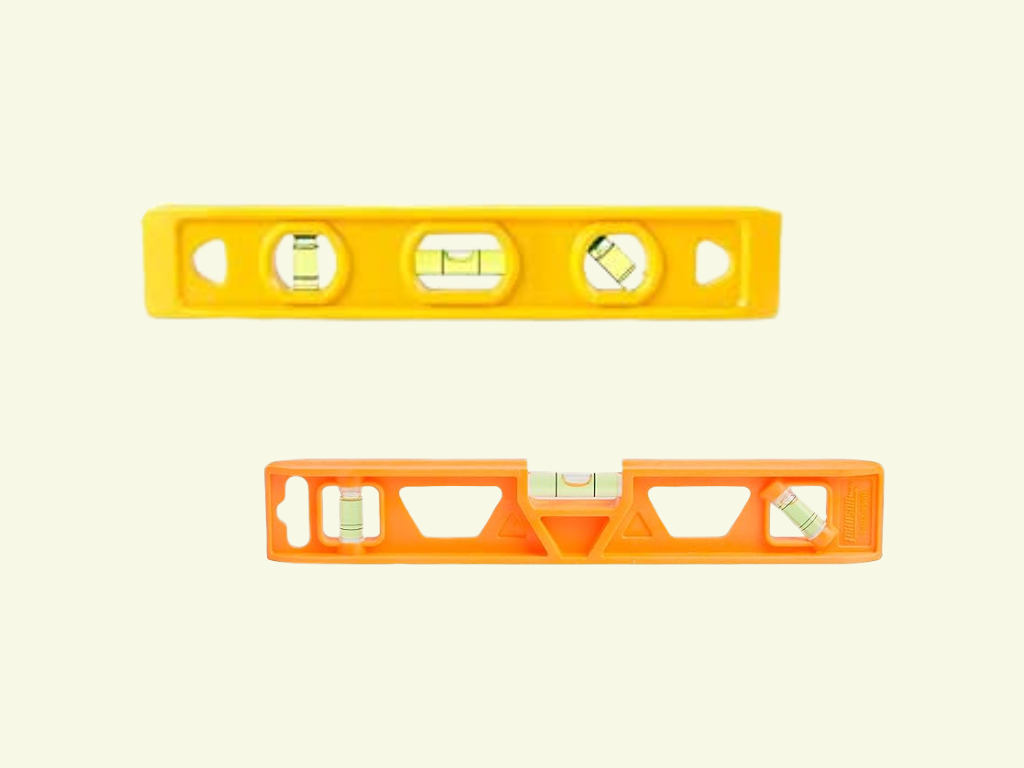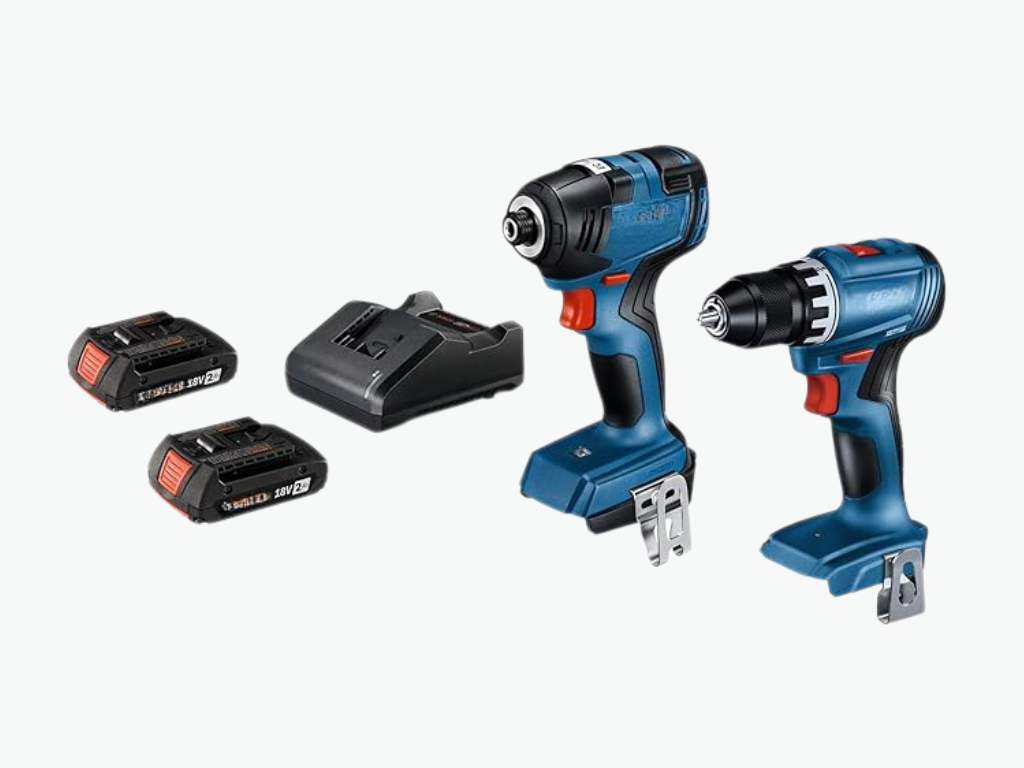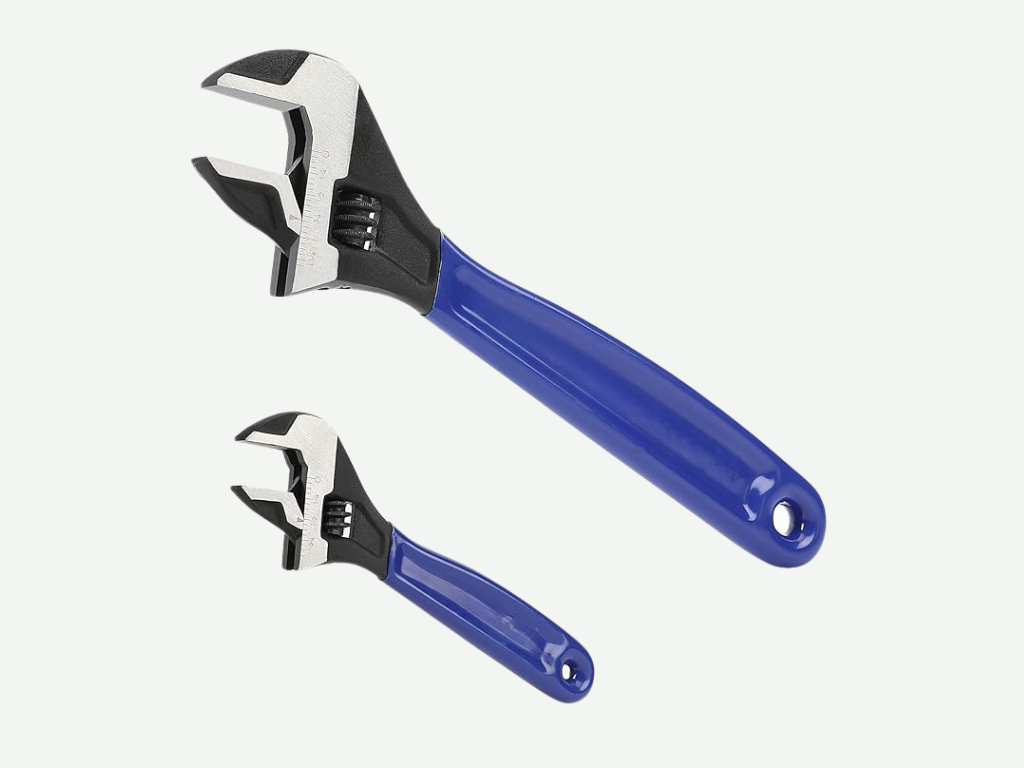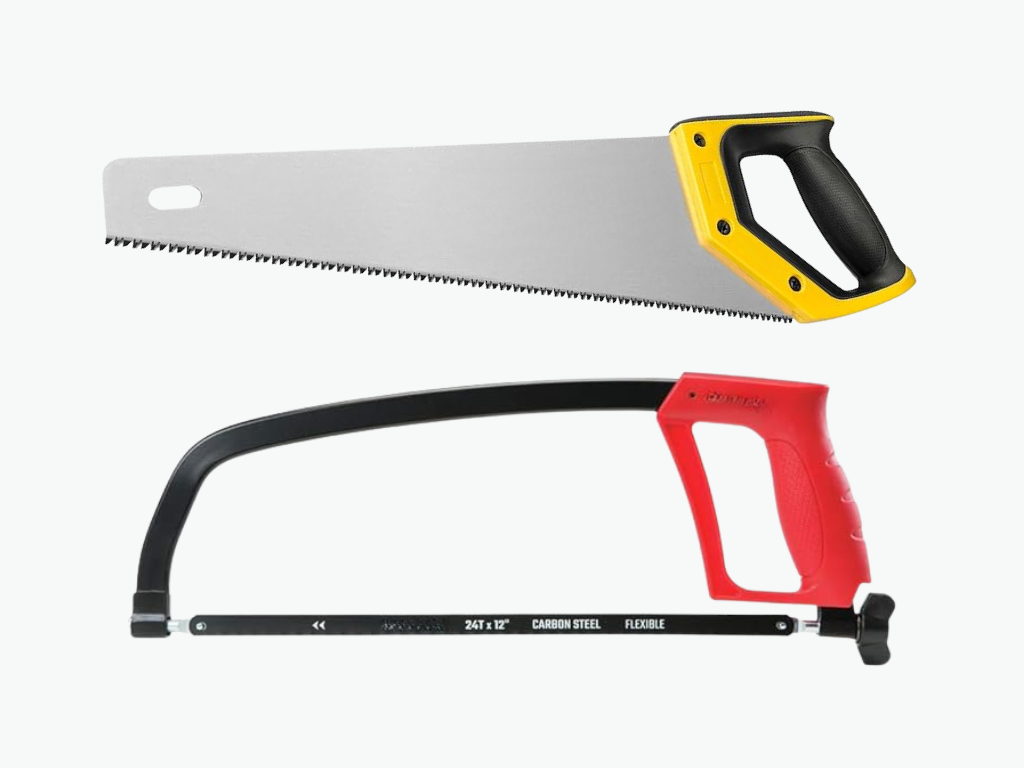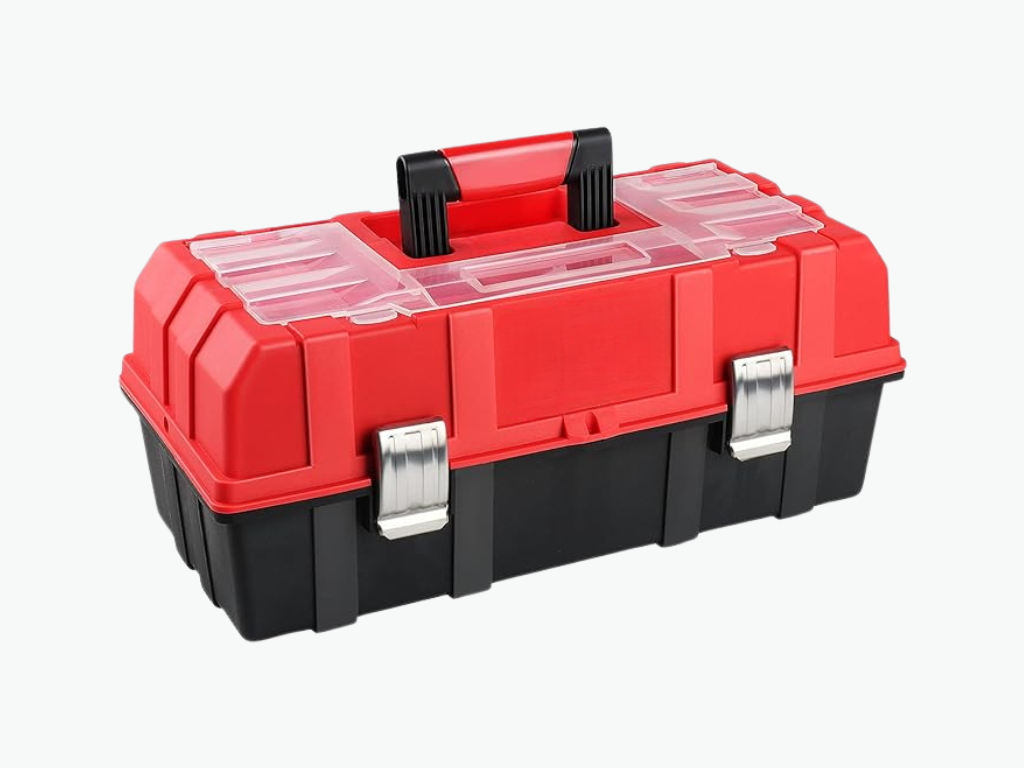Starting your DIY journey or upgrading your toolkit? Having the right tools is crucial for efficiency and professional-looking results. Whether you’re tackling home repairs, building furniture, or indulging in creative projects, a well-equipped toolkit is your greatest asset. This guide highlights the must-have hand tools every DIY enthusiast should include, ensuring you’re prepared for any task, big or small. Let’s explore the essentials that make DIY projects smoother, safer, and more rewarding.
The hammer is the cornerstone of any toolkit. Whether you’re hanging pictures, assembling furniture, or doing minor repairs, a good hammer is indispensable.
Look for a hammer that has a comfortable grip and is well-balanced. A claw hammer, which has a flat head on one side for driving nails and a curved claw on the other for pulling them out, is the most versatile option.
Pro Tip: Consider getting a fibreglass or steel-handled hammer for better durability and reduced vibration.
Screwdrivers are another must-have. You’ll need both flathead (slotted) and Phillips (cross-shaped) screwdrivers, as these cover the most common types of screws. It’s a good idea to have a few sizes of each to handle different tasks.
Pro Tip: Magnetic screwdrivers can make your job easier by holding screws in place, especially in hard-to-reach areas.
Accuracy is key in DIY projects, and that’s where a tape measure comes in. A 25-foot tape measure is a versatile size for most projects, whether you’re measuring wood for a shelf or determining where to hang artwork.
Pro Tip: Look for a tape measure with a locking mechanism to hold the tape in place while you mark your measurements.
Pliers come in handy for gripping, bending, and cutting wires or nails. A basic pair of slip-joint pliers is a good start, but you might also want to add needle-nose pliers for more precision tasks and cutting pliers for trimming wires.
Pro Tip: Opt for pliers with insulated handles if you’ll be working with electrical wires to protect against shocks.
A sharp utility knife is essential for cutting through materials like cardboard, drywall, or carpet.
It’s a versatile tool that’s useful for scoring, trimming, and even opening packages.
Pro Tip: Choose a utility knife with a retractable blade for safety and an easy-to-grip handle for better control.
A level is crucial for ensuring your work is straight and even, whether you’re hanging shelves, installing cabinets, or framing a wall.
A 24-inch level is a good all-around size, but smaller torpedo levels can be useful for tight spaces.
Pro Tip: Some levels come with built-in magnets, which can be helpful when working with metal surfaces.
While not technically a hand tool, a power drill is indispensable for any serious DIYer. It’s perfect for drilling holes, driving screws, and even mixing paint or grout with the right attachment.
A cordless drill offers more flexibility, especially for outdoor projects or areas without easy access to power outlets.
Pro Tip: Invest in a set of drill bits that includes a variety of sizes and types to cover all your needs.
An adjustable wrench, also known as a crescent wrench, is useful for tightening or loosening nuts and bolts.
Unlike fixed-size wrenches, an adjustable wrench can be used on a variety of fastener sizes, making it a versatile addition to your toolkit.
Pro Tip: Look for a wrench with a smooth, precise adjustment mechanism to make your work easier.
While power saws are faster, a good hand saw is still a valuable tool for making quick cuts in wood, especially when precision is required.
t’s also quieter and more portable, making it perfect for small jobs.
Pro Tip: Choose a saw with a comfortable handle and a blade that’s appropriate for the type of wood you’ll be cutting.
When working with tools, protecting your eyes is vital. Safety goggles shield your eyes from flying debris, dust, and potential impacts, whether you’re cutting, sanding, or hammering. Always wear goggles when using power tools or performing tasks where particles might get into your eyes.
Pro Tip: Look for safety goggles that are comfortable, anti-fog, and provide a snug fit to prevent any dust or debris from getting in.
Finally, you need a place to store all these tools. A sturdy toolbox keeps everything organised and easy to find when you need it.
Look for a box with multiple compartments to keep small items like nails, screws, and drill bits sorted.
Pro Tip: Consider a toolbox with a built-in lock to keep your tools secure, especially if you have expensive or specialized tools.
Building a solid toolkit is the first step to becoming a confident DIYer. With these essential tools, you’ll be well-equipped to tackle a wide range of projects, from simple repairs to more complex builds. Remember, investing in quality tools will pay off in the long run, as they’ll last longer and perform better.
Tips for Buying Hand Tools
- Quality Over Price: Durable tools may cost more upfront but save money in the long run.
- Ergonomic Design: Choose tools with comfortable grips to reduce hand fatigue.
- Warranty: Many reputable brands offer warranties, ensuring a good return on investment.
Happy DIYing!
Frequently Asked Questions
1. What Are the Most Versatile DIY Tools?
The most versatile DIY tools include a hammer, a screwdriver set, and an adjustable wrench. These tools handle a wide range of tasks, from assembling furniture to making quick repairs around the house.
2. How Can I Choose Quality Hand Tools?
Look for tools made from durable materials like stainless steel. Features such as ergonomic grips and warranties also indicate good quality. Investing in reputable brands often ensures reliability and longevity.
3. Why Is Safety Gear Important for DIY Projects?
Safety gear like goggles and gloves protects you from accidents, such as flying debris or sharp edges. Prioritizing safety ensures a smooth and injury-free DIY experience.
